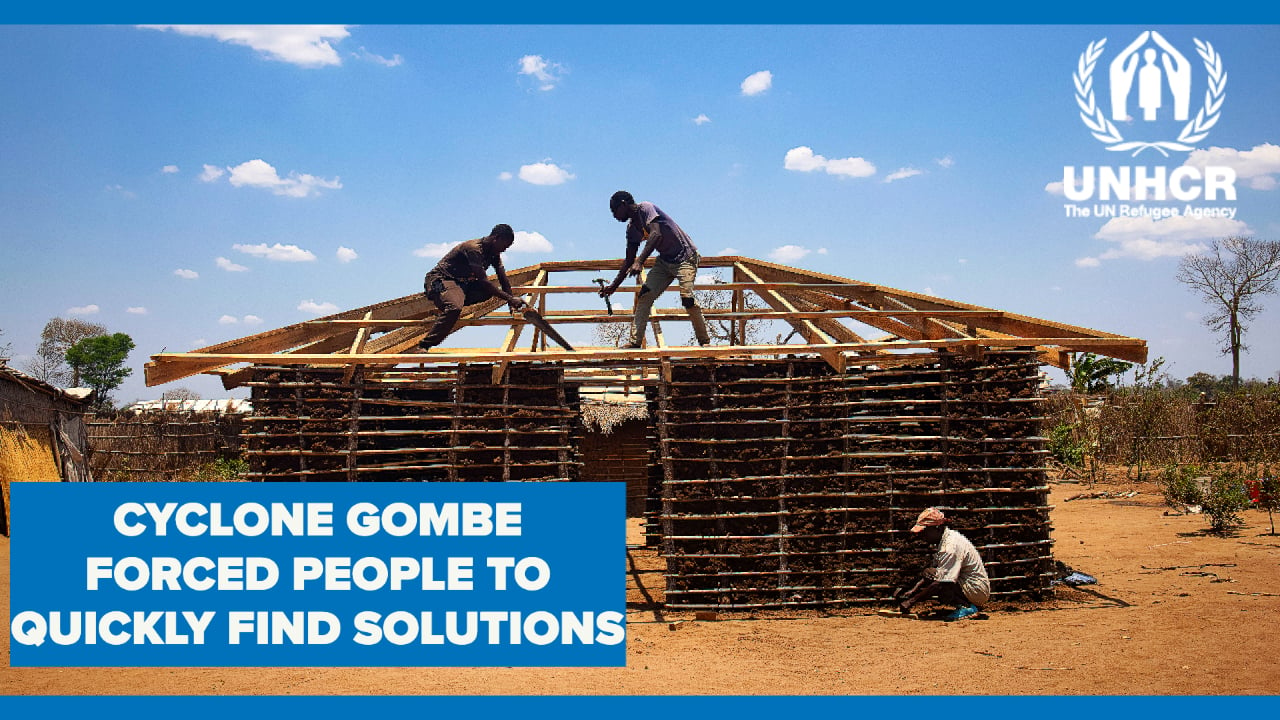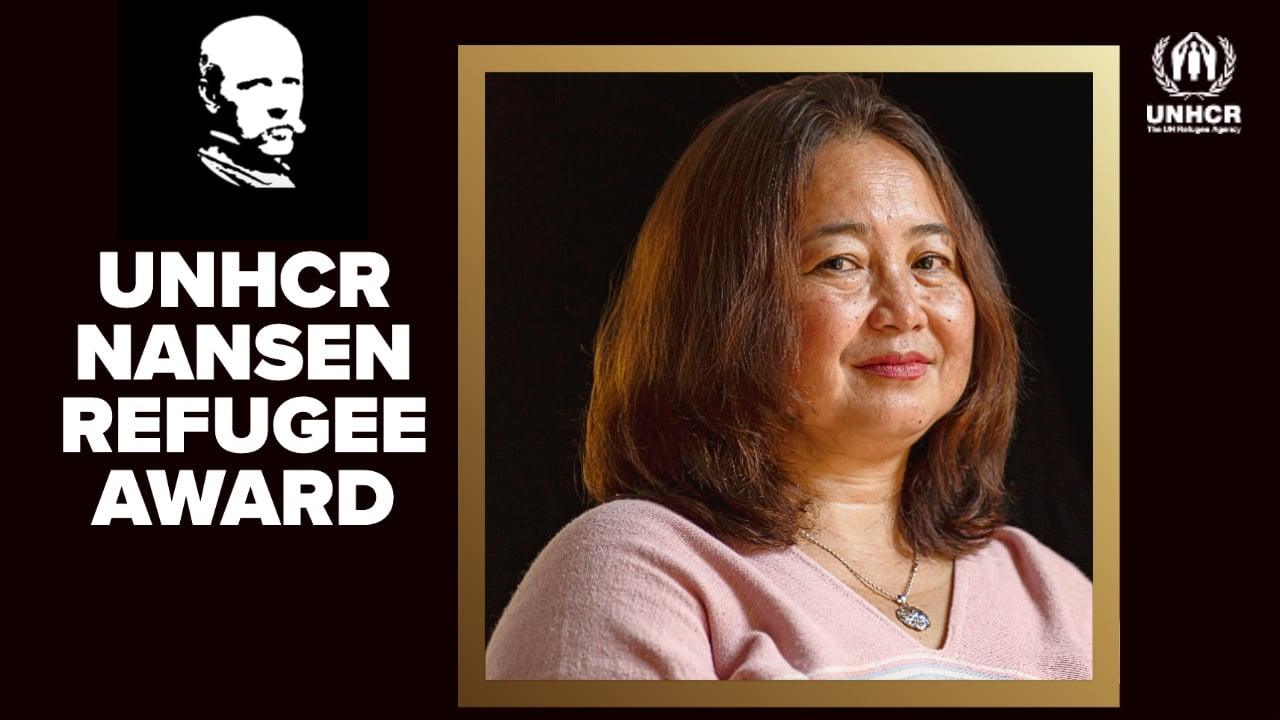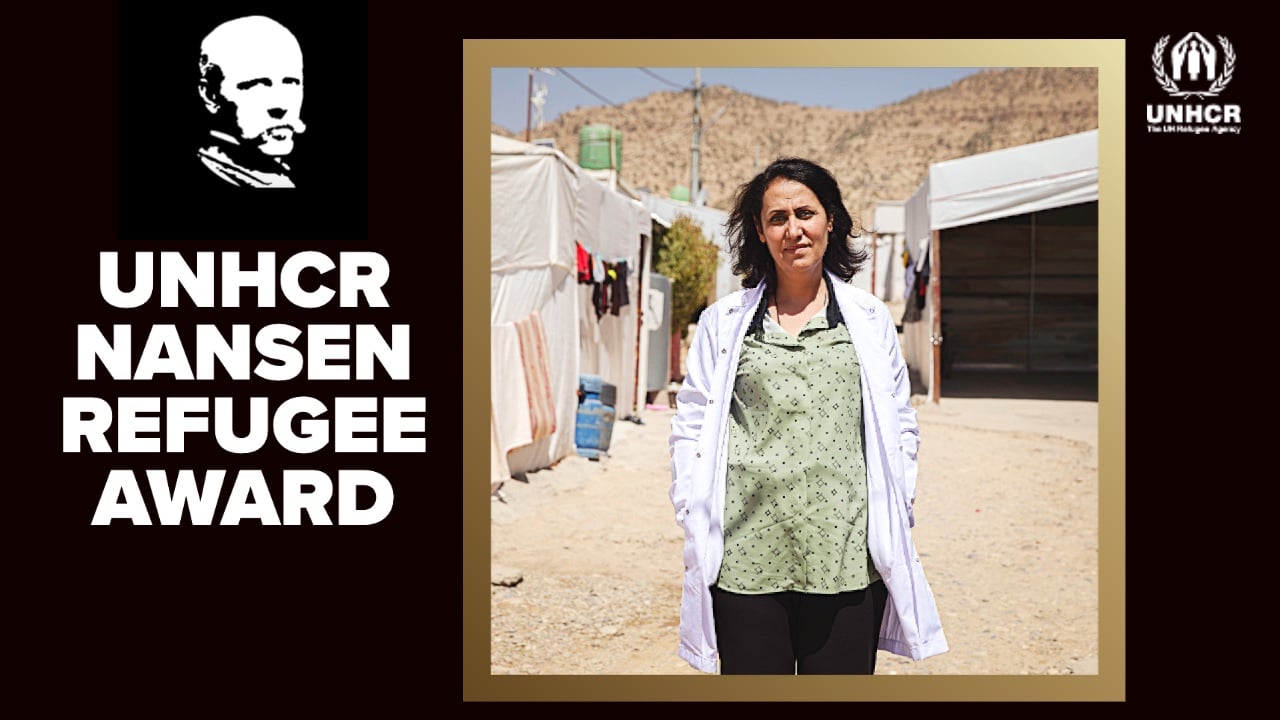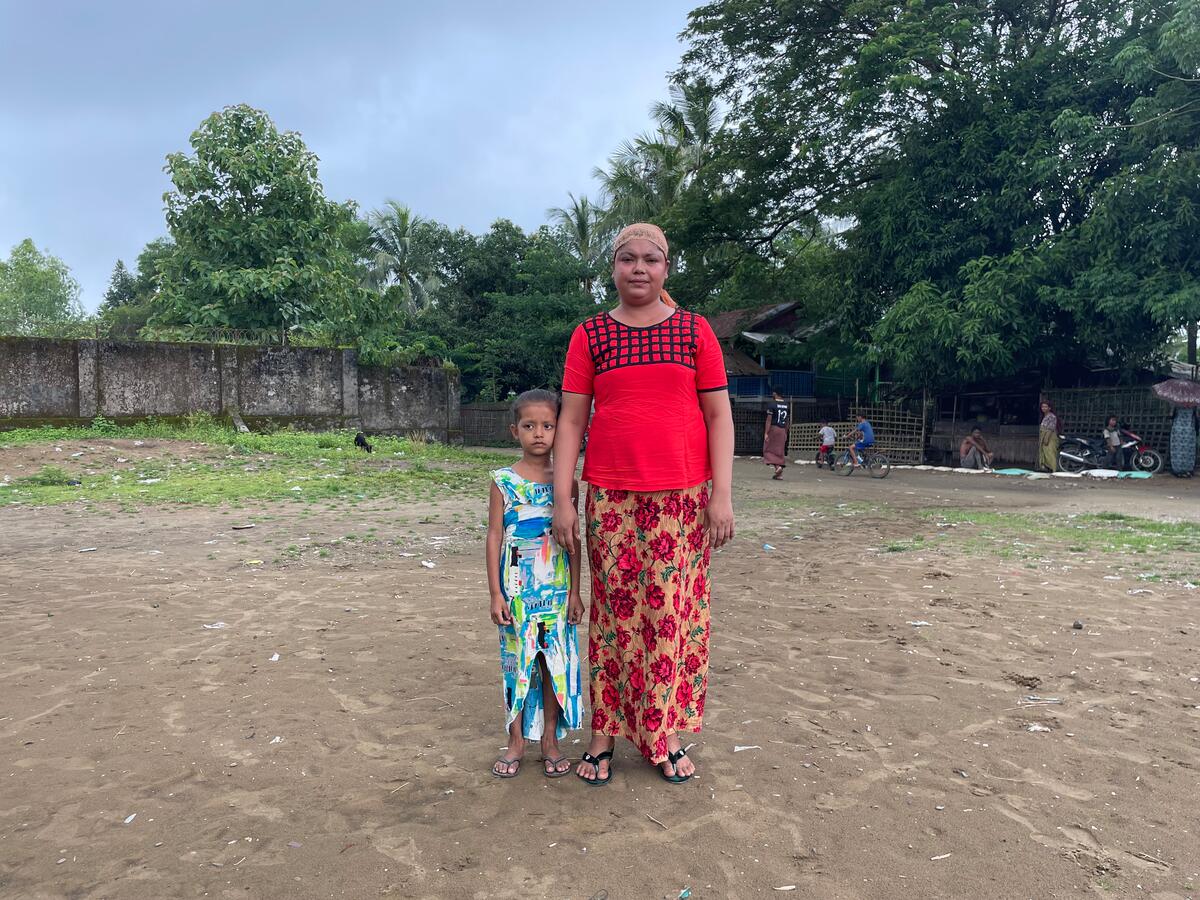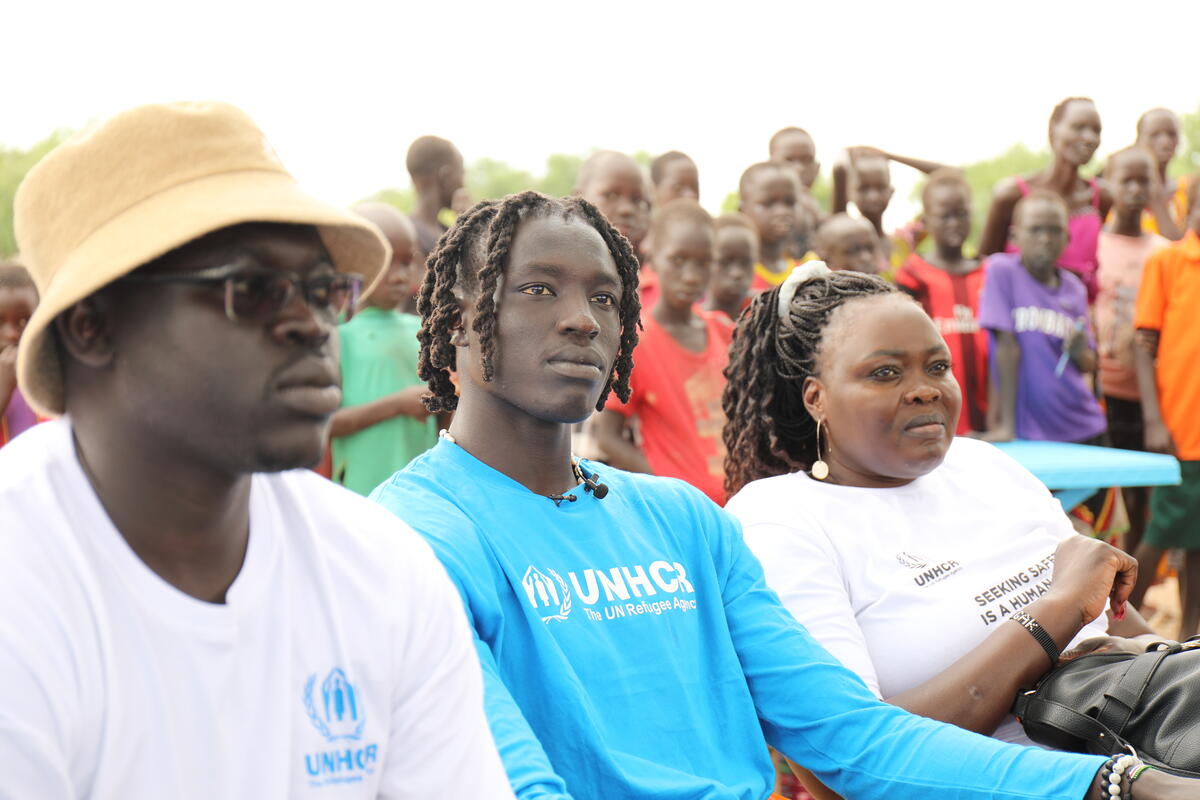UNHCR helps as IDPs in North Kivu province top 300,000 mark
UNHCR helps as IDPs in North Kivu province top 300,000 mark

KINSHASA, Democratic Republic of the Congo, September 21 (UNHCR) - The number of people forced to flee violence this year in Democratic Republic of the Congo's North Kivu province has passed the 300,000 mark, the highest level in more than three years. The figure includes 90,000 people who have fled their homes in September alone, according to assessments by several UN agencies and non-governmental organizations.
Those displaced in the province so far this month include some 65,000 Congolese in the Mugunga area west of the town of Goma. Overall, the troubled North Kivu province in the east of DRC is facing the worst displacement since December 2006.
Since Wednesday, UNHCR and the DRC authorities have been engaged in a distribution of assistance at the Bulengo IDP (internally displaced people) site, some 15 kilometres west of Goma. The assistance, which includes plastic sheets, kitchen sets, blankets, buckets, soap as well as rice, oil, maize flour and salt, has so far benefited 7,860 IDPs at the Bulengo site.
During a surprise visit to Goma on Wednesday, DRC President Joseph Kabila met with humanitarian agencies to discuss the needs of those affected by the North Kivu crisis. The discussion focused on the need to improve access for humanitarian workers and to protect civilians from armed groups.
The DRC government has donated relief items, plastic sheets and food, while UNHCR has contributed some 500 supplementary plastic sheets. UNHCR has also deployed extra staff to reinforce its regular team.
"It is encouraging to see that the DRC government has started to play a stronger role in helping the displaced," said Eusebe Hounsokou, UNHCR's representative in DRC, who was in Goma overseeing the operation. "The government's donation of 10 tonnes of relief items in North Kivu was a significant step in this direction. We will continue to closely work with the government on helping internally displaced Congolese."
The Bulengo site, established by UNHCR, has grown over the past week to more than 1,500 families as additional displaced arrive from villages and makeshift camps in the surrounding areas. UNHCR is now expanding the site's capacity.
Each displaced family is allocated a small plot on which to erect a temporary shelter. Together with the World Wildlife Fund, UNHCR has scheduled a distribution of firewood at the Bulengo site to reduce deforestation around the site, where the displaced have been gathering wood for cooking and construction.
"The inter-agency relief effort for the newly displaced in North Kivu is taking shape," said Hounsokou. "UNHCR is assuming the coordination and management of organized camp sites in North Kivu."
UNHCR's access to displaced populations has improved in a few areas, but in general remains difficult due to the tense security situation. Over recent days UNHCR teams were able to visit Sake town, some 35 kms west of Goma, where UN peacekeepers have deployed, but few displaced have returned.
UNHCR staff also reached Masisi and Rutshuru districts. In Rutshuru, an inter-agency mission found some displaced were heading back to their villages.
On the Ugandan side of the border, UNHCR teams reported that Bunagana and Busanza crossings were calm as virtually all Congolese refugees have returned to DRC.
At Nyakabanda Reception Centre, 20 kms inside Uganda, there are now less than 300 Congolese refugees. In recent days UNHCR transferred 216 people from Nyakabanda to Nakivale refugee settlement and a hundred more will be moved there on Monday. After this transfer UNHCR will close Nyakabanda reception centre.
By Jens Hesemann in Kinshasa, Democratic Republic of the Congo


